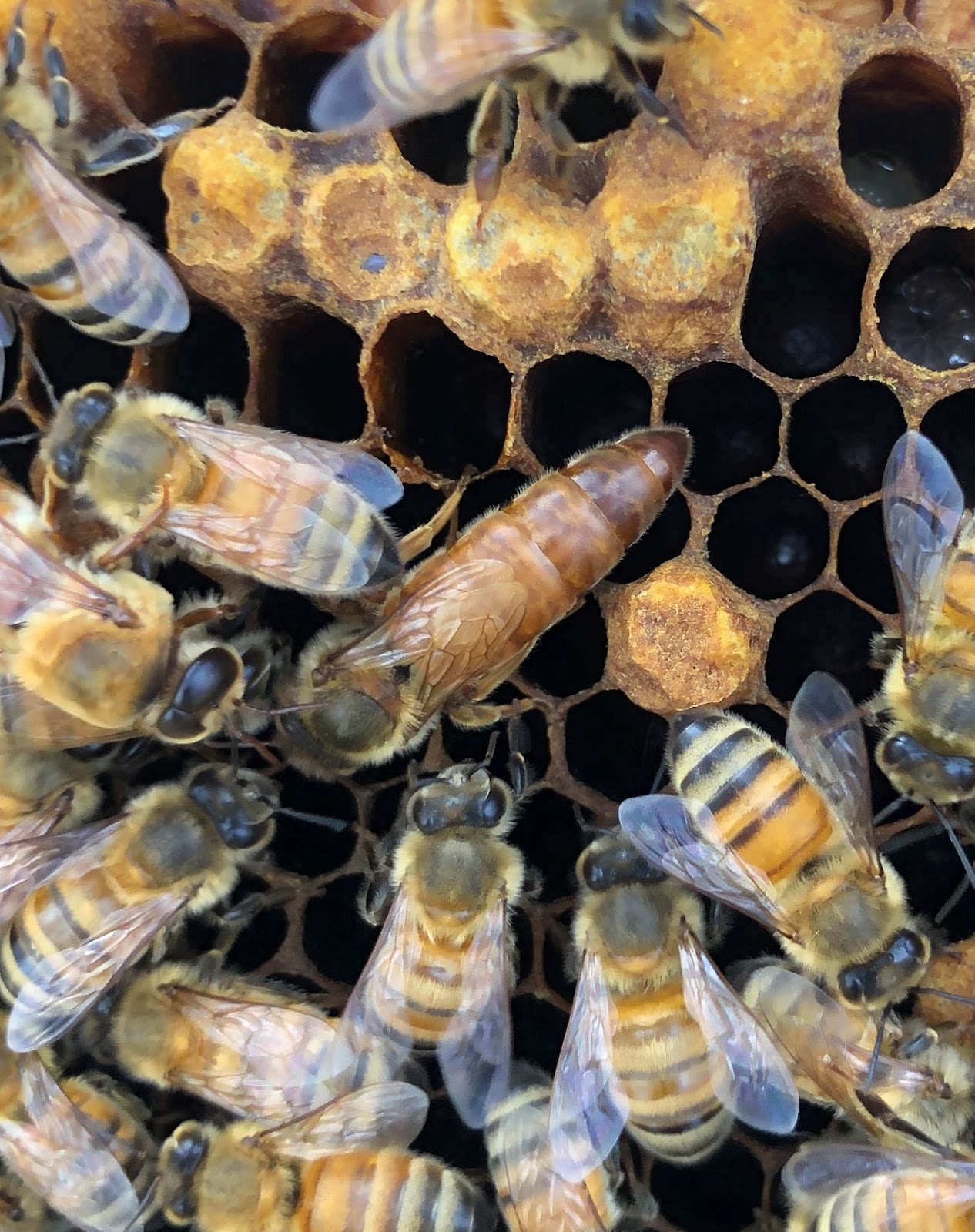Have you ever wondered how bees survive the harsh winter months? These amazing creatures employ fascinating overwintering strategies that not only keep them alive but also ensure the survival of their hives. In this post, we’ll explore some of these strategies and discuss ways we can lend a hand to support our buzzing friends during the colder seasons.
The Resilience of Bees in Winter
As temperatures drop, bees undergo several remarkable adaptations. They form clusters to maintain warmth, vibrating their bodies to generate heat. This natural behavior helps keep the queen and the brood snug and safe from the winter chill.
 Creating a Bee-Friendly Environment
Creating a Bee-Friendly Environment
To assist bees in their survival efforts, consider the following tips:
- Plant Late-Blooming Flowers: Flowers such as asters and goldenrod provide crucial nectar and pollen in the fall.
- Provide Shelter: Leave some patches of the garden wild, where bees can find natural habitats such as downed logs and leaf litter.
- Avoid Pesticides: Chemicals can harm bees; opt for organic gardening methods to help protect these vital pollinators.
Understanding the Hive Dynamics
The survival of bees relies heavily on a synchronized effort within the hive. Worker bees meticulously manage their environment, moving to ensure the queen has everything she needs. They also regulate moisture levels and actively clean the hive to combat harmful pathogens.
Supporting Local Bee Populations
By creating more bee-friendly spaces in our gardens and communities, we can significantly impact bee populations. Local gardening groups often lead initiatives to plant wildflowers and promote awareness. Join them to increase the floral bounty available to these busy pollinators.
Bees and Our Ecosystem
Bees play an essential role in our ecosystem, contributing to the pollination of a significant percentage of the food we eat. Their decline could disrupt food supplies and biodiversity. Being proactive in supporting these insects is not only beneficial for them, but also for us.
Whether by planting the right flowers, providing shelter, or spreading awareness about their needs, every little effort counts. Let’s work together to ensure that the tireless buzz of bees continues to thrive in our environment!
winter feeding honey bees
 source = engagement.source.colostate.edu
source = engagement.source.colostate.edu